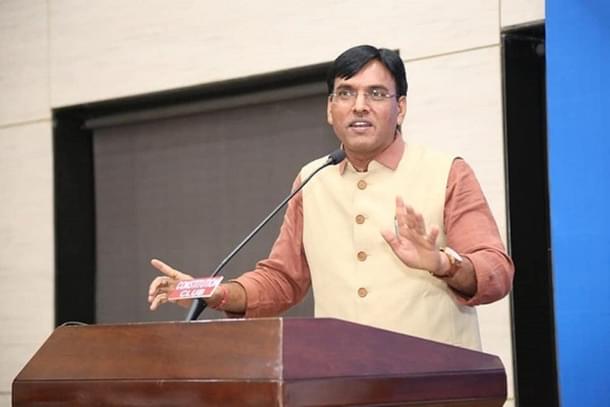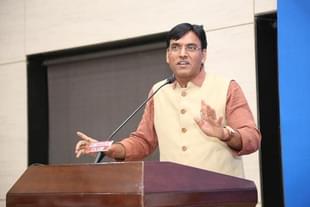News Headlines
"Low Risk To India": Health Ministry Closely Monitoring Outbreak Of H9N2 And Clusters Of Respiratory Illness In China
Nishtha Anushree
Nov 24, 2023, 03:14 PM | Updated 03:17 PM IST
Save & read from anywhere!
Bookmark stories for easy access on any device or the Swarajya app.


The Union Health Ministry is actively monitoring the reported outbreak of H9N2 cases and clusters of respiratory illness in children in northern China, said a press release. It says that both the avian influenza case reported from China and the clusters of respiratory illness pose a low risk to India.
Media reports have highlighted a clustering of respiratory illness cases in children in northern China, prompting a statement from the World Health Organization (WHO). Based on current information, an increase in respiratory diseases in China has been noted in recent weeks.
Common causes of respiratory illness in children have been implicated, with no identification of an unusual pathogen or unexpected clinical manifestations.
A meeting chaired by the Director-General of Health Services (DGHS) recently discussed preparedness measures against human cases of Avian Influenza in India, considering a human case of H9N2 (Avian influenza virus) reported to WHO in October 2023 in China.
WHO's overall risk assessment indicates a low probability of human-to-human spread and a low case fatality rate among reported human cases of H9N2. The importance of enhancing surveillance in human, animal husbandry, and wildlife sectors, along with improving coordination, was acknowledged.
The Health Ministry said that India is well-prepared for any public health exigency and is adopting a One Health approach to address such issues comprehensively. The country has significantly strengthened its health infrastructure, particularly since the COVID-19 pandemic.
The Prime Minister's Ayushman Bharat Health Infrastructure Mission (PM-ABHIM) has been launched to develop capacities across all levels of care—primary, secondary, and tertiary. This aims to prepare health systems to respond effectively to current and future pandemics or disasters.
India's surveillance and detection networks under the Integrated Disease Surveillance Programme (IDSP) have gained valuable experience in handling challenging health situations during the COVID-19 pandemic.
Nishtha Anushree is Senior Sub-editor at Swarajya. She tweets at @nishthaanushree.





